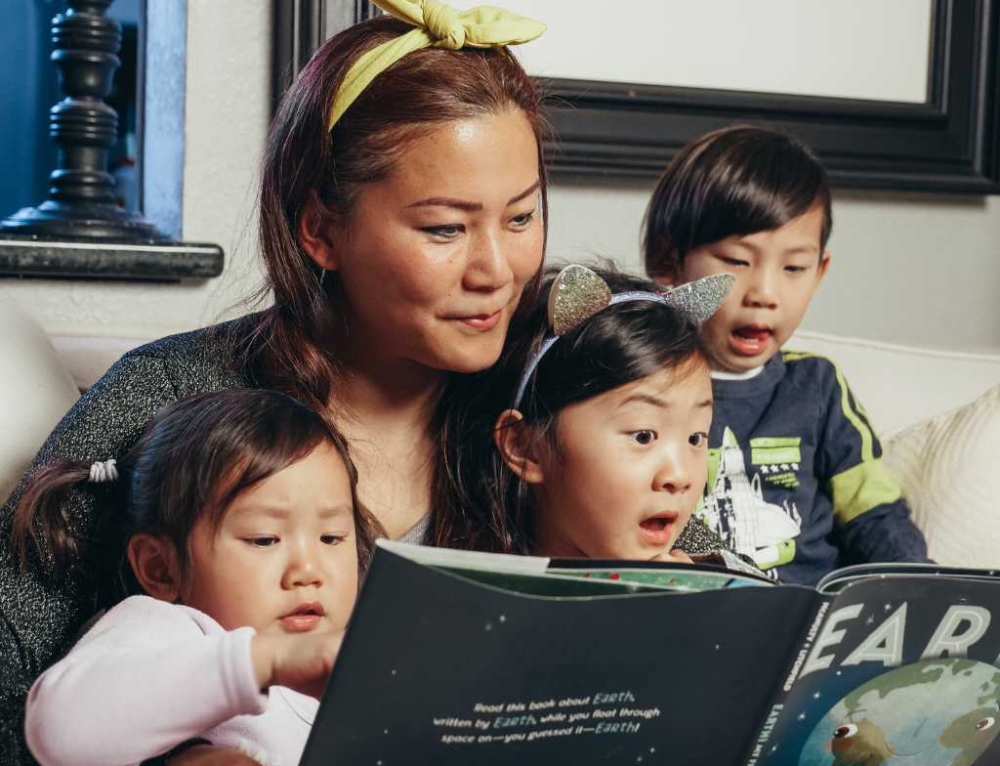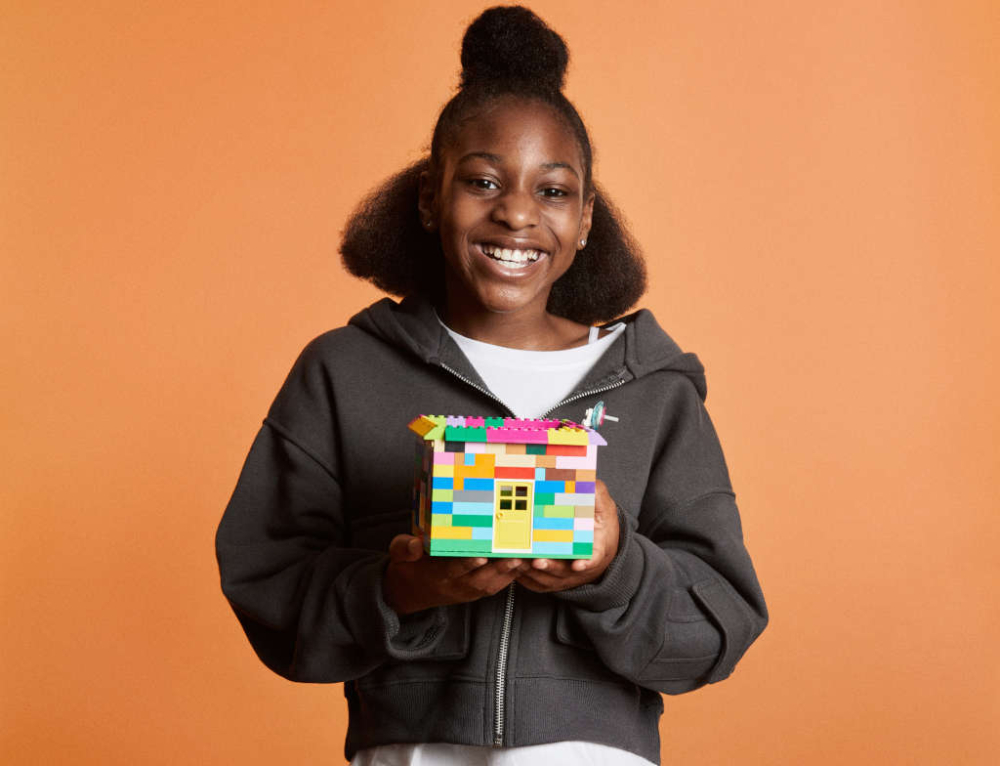At this stage, your child’s body, regardless of sex, will begin to change shape and mature. Whether she’s an early or late bloomer, change is inevitable and will commence in its own time – like tooth development, it cannot be hurried or slowed.
Girls:
Girls will begin budding breasts at around ten or eleven years, her hips will start to become shapelier. Some girls may begin to menstruate at eleven or twelve years, although this is generally regarded as an early start and it’s likely that at this age that she won’t be emotionally prepared for these changes – particularly if she’s still in primary school and maturing faster than her friends.
The commencement of menstruation can be a complicated time when the emotional and physical wellbeing of your daughter come together. While she may be excited that she’s maturing, some girls experience feelings of anxiety about this irrefutable proof of approaching adolescence and a more independent life.
It’s very important at this stage, that you present an attractive picture of womanhood and that you work hard to keep the channels of communication open with your daughter. While she will, no doubt, become more private about her life, make sure that she knows that you are proud of her and excited that she’s growing up (even if a little part of you is mourning for the tetchy toddler you had only minutes ago).
Boys:
While the physical changes and emotional challenges may not be as dramatic as girls at this age, boys are still undergoing change. Boys do tend to physically mature later than girls but around 12 years, they will experience masturbation and nocturnal emissions. He may at this age also become exceptionally competitive and judge his social status as being tied to his sporting prowess.
What can I do to encourage my child as they develop?
- Encourage your child to engage in some regular physical activity that will help maintain a good body image.
- If your child plays sport, make sure that you watch their games as often as possible and be supportive of their efforts.
- Pay attention to how your child feels about the changes in their body.
This article was written by Ella Walsh for Kidspot. Sources include S.A. Govt’s Parenting and Child Health. This article was created for Kidspot – New Zealand’s parenting resource for school age.







Leave A Comment
You must be logged in to post a comment.